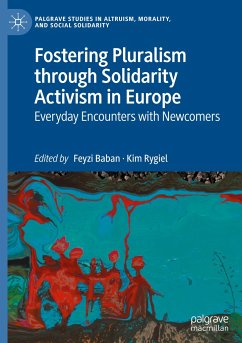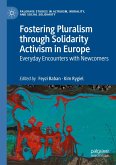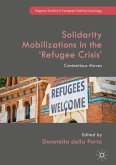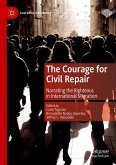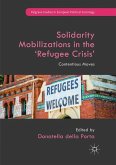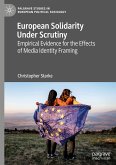This edited collection brings together academics, artists and members of civil society organizations to engage in a discussion about the ideas of living with others, through concepts such as cosmopolitanism, solidarity, and conviviality, and the practices of doing so.
In recent years, right wing and populist movements have emerged and strengthened across Europe and North America, rejecting the value of cultural, ethnic and religious plurality. Governments in Europe and North America are weakening their commitment to the international refugee regime, erecting new barriers to entry. Even as governments fail to accommodate growing pluralism, however, civil society initiatives have emerged with the aim of welcoming newcomers, such as migrants and refugees, and finding alternative ways of living together in diverse societies. Motivated by a desire to show solidarity, these initiatives demonstrate enormous creativity in fostering pluralism in an environment that has largely become hostile to the arrival of newcomers. The contributions gathered here seek to explore such initiatives and the important work that they do in fostering ways of living together with others from diverse cultural and religious backgrounds. In focusing conceptually and empirically on discussions and examples of civil society initiatives, this book interrogates why, how and under what circumstances are some communities more welcoming than others.
In recent years, right wing and populist movements have emerged and strengthened across Europe and North America, rejecting the value of cultural, ethnic and religious plurality. Governments in Europe and North America are weakening their commitment to the international refugee regime, erecting new barriers to entry. Even as governments fail to accommodate growing pluralism, however, civil society initiatives have emerged with the aim of welcoming newcomers, such as migrants and refugees, and finding alternative ways of living together in diverse societies. Motivated by a desire to show solidarity, these initiatives demonstrate enormous creativity in fostering pluralism in an environment that has largely become hostile to the arrival of newcomers. The contributions gathered here seek to explore such initiatives and the important work that they do in fostering ways of living together with others from diverse cultural and religious backgrounds. In focusing conceptually and empirically on discussions and examples of civil society initiatives, this book interrogates why, how and under what circumstances are some communities more welcoming than others.

